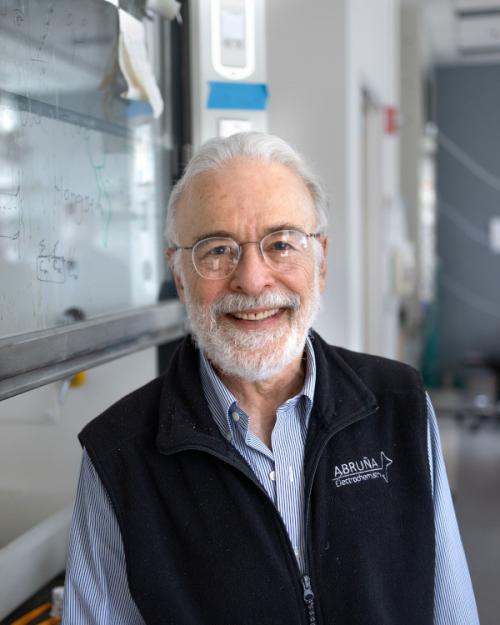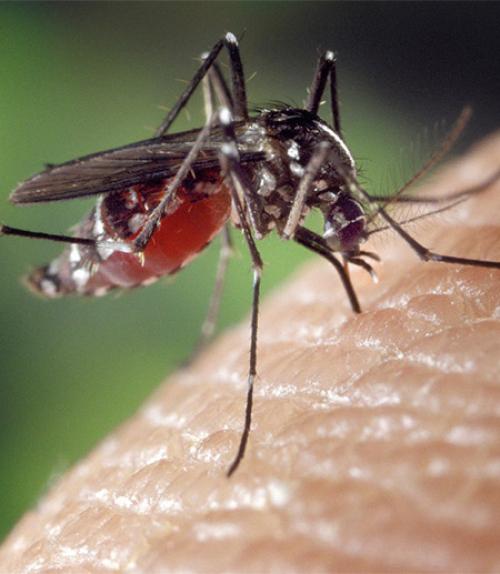“Planetary Health,” a new episode of the “What Makes Us Human” podcast series, explores the complex relationships between health and human interaction with the environment.
The podcast’s second season -- "Where Is the Human in Climate Change?" -- showcases the newest thinking across academic disciplines about the relationship between humans and the environment. The series is produced by the College of Arts and Sciences, created in collaboration with Cornell Broadcast Studios, and features audio essays written and recorded by Cornell faculty. New episodes are released each Tuesday through the spring.
“We are fooling ourselves about the true costs of incursions into what is left of wild nature, and, similarly, about the true costs of disrupting the global climate system,” Steven Osofsky, professor of wildlife health & health policy in the College of Veterinary Medicine, says in his “Planetary Health” episode.
Osofsky, a Faculty Fellow with the Atkinson Center for a Sustainable Future, studies the conservation of free-ranging wildlife. He also probes the deeply intertwined relationships among sustainable conservation, system resilience, economic development, and human health and well-being – as underpinned by environmental stewardship. He works on developing and helping to apply science-based landscape-scale approaches to conservation, particularly in policy guidance, to address challenges at the interface of wildlife, agriculture and other types of land use, and people.
“What Makes Us Human” podcasts are available for download on iTunes and SoundCloud and for streaming on the A&S humanities page, where text versions of the essays are also posted.
This story also appeared in the Cornell Chronicle.




